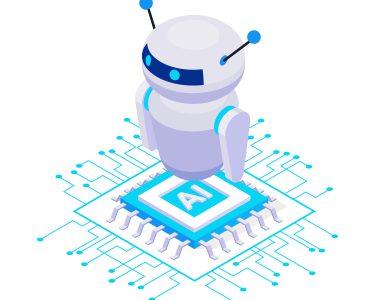On Tuesday, Sundar Pichai, the CEO of Google, called for more caution in the implementation of artificial intelligence (AI) during an interview with the BBC. Pichai warned that the unchecked deployment of AI could lead to negative consequences and urged policymakers to establish regulatory frameworks to ensure that AI is used safely and ethically.
Pichai’s comments come amid growing concerns about the impact of AI on society, particularly regarding issues such as privacy, bias, and job displacement. Many experts worry that AI could exacerbate existing inequalities, perpetuate discrimination, and undermine democracy.
While acknowledging the benefits of AI, Pichai emphasized the importance of approaching the technology with care. He pointed out that AI is still in its early stages and that much is still unknown about how it will evolve and impact society.
“We need to be clear-eyed about what could go wrong,” Pichai said. “There will always be consequences we don’t anticipate, but we have to do our best to minimize those.”
Pichai also called for greater collaboration between industry and government to ensure that AI is developed responsibly. He suggested that regulatory frameworks should be flexible and adaptable to keep pace with the fast-moving technology.
“We need international alignment on these issues,” Pichai said. “It’s important that we have a global conversation.”
The tech industry has faced criticism in recent years for its role in the spread of misinformation, hate speech, and other harmful content online. Pichai acknowledged these concerns and said that Google is taking steps to address them.
“We’ve always had a responsibility to make sure our products are used for good,” he said. “We’re taking a hard look at ourselves and making sure we’re doing everything we can to live up to that responsibility.”
Pichai’s comments are likely to be welcomed by AI ethics advocates who have been calling for greater regulation of the technology. However, some experts argue that the complexity of AI makes it difficult to regulate effectively.
“AI is not a single thing, it’s not like regulating a car or a plane,” said Stuart Russell, a computer science professor at the University of California, Berkeley. “It’s much more complicated than that.”
Despite these challenges, Pichai believes that regulation is necessary to ensure that AI is used for the greater good.
“We need to approach it with the same rigor we approach safety in aviation or medicine,” he said. “We can’t afford to get this wrong.”
In conclusion, Pichai’s call for caution and regulation in the deployment of AI comes at a crucial time when the technology is rapidly advancing and its impact on society is still largely unknown. As AI continues to transform various industries and aspects of daily life, it is crucial that policymakers, industry leaders, and the public work together to ensure that it is used safely and ethically to benefit all.




